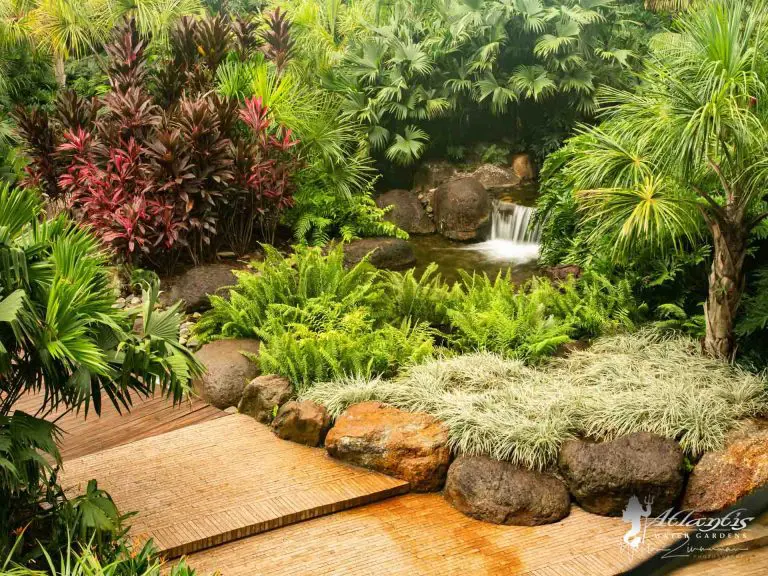Winter is a challenging time for your pond and fish. In the winter months, fish metabolism slows down, making them susceptible to infections and diseases. Cold temperatures can cause a significant decline in oxygen levels affecting water quality.
Another year is coming to an end. Winter is already here. As you prepare to ring in the new year, do not forget to winterize your pond.
Here are some tips to care for your pond and fish in winter.

Do Not Overfeed Your Fish
Overfeeding fish in winter is a cardinal sin. In cold weather, fish metabolic rates slow down. As your fish prepare to go into hibernation, they do not need to eat as often as in summer. If you overfeed your fish, they will excrete more, negatively impacting water quality.
Extra fish food will decompose releasing ammonia and phosphate in your pond. Both ammonia and phosphate fuel algae growth. Not only does algae look unsightly, it competes with plants and animals for nutrients and sunlight.
When your water temperatures fall to 50-60 degrees, feed your fish once every 1-2 days. If your water temperatures fall below 50 degrees, stop feeding your fish. Feed your fish a wheat germ-based food designed to aid digestion during the winter months.
Keep Your Pond Clean
Periodically clean your pond to get rid of debris such as twigs, leaves and branches before they decay. Remove any dead foliage and floating debris from your pond’s surface. Install a net to catch debris to prevent them from getting into your pond. Apply a bacteria blend to your pond. Beneficial bacteria break down waste, helping improve water quality.
Take Good Care of Your Plants
Your plants do not just enhance the aesthetic appeal of your pond, they play an important role in maintaining a balance in your pond’s ecosystem.
Unlike hardy naive plants, tropical plants cannot survive in a cold pond. To protect your plants from the winter chill, move them inside when temperatures plummet. Trim the plants in your pond. Prune plants such as water lilies so they can grow back in spring. Add evergreen plants that provide oxygen all year round to your pond.
Should You Keep Your Pond Pump Running in Winter?
Your biological filter is home to billions of beneficial bacteria that help break down toxic gases. Beneficial bacteria become dormant in winter. The oxygen produced when your pump agitates the water should be enough to keep them alive. If you shut down your pond pump and filter for winter they might die.
If your pond pump or any other pond component is in disrepair, hire a professional for fish pond repair near you in Randolph.
Whether you want to transform an ordinary pond into something extraordinary or plan to build a new pond from scratch, Atlantis Water Gardens can help. We have years of experience bringing design ideas to life. To talk to one of our pros, call 973-627-0515.

Founder & Master Pond Builder
Jaak Harju is the founder and master pond builder of Atlantis Water Gardens, a family-owned design and build firm specializing in natural-looking ponds, waterfalls, and ecosystem water features. Since 2000, Jaak has dedicated his career to creating outdoor environments that inspire connection with nature.
With a background in landscape design and construction, Jaak brings artistry and precision to every project. He’s known nationally for his creative stonework, ecological pond design, and educational outreach within the pond-building community. Through his work, videos, and collaborations with other Aquascape-certified contractors, Jaak has helped redefine backyard water features as sustainable, living ecosystems.